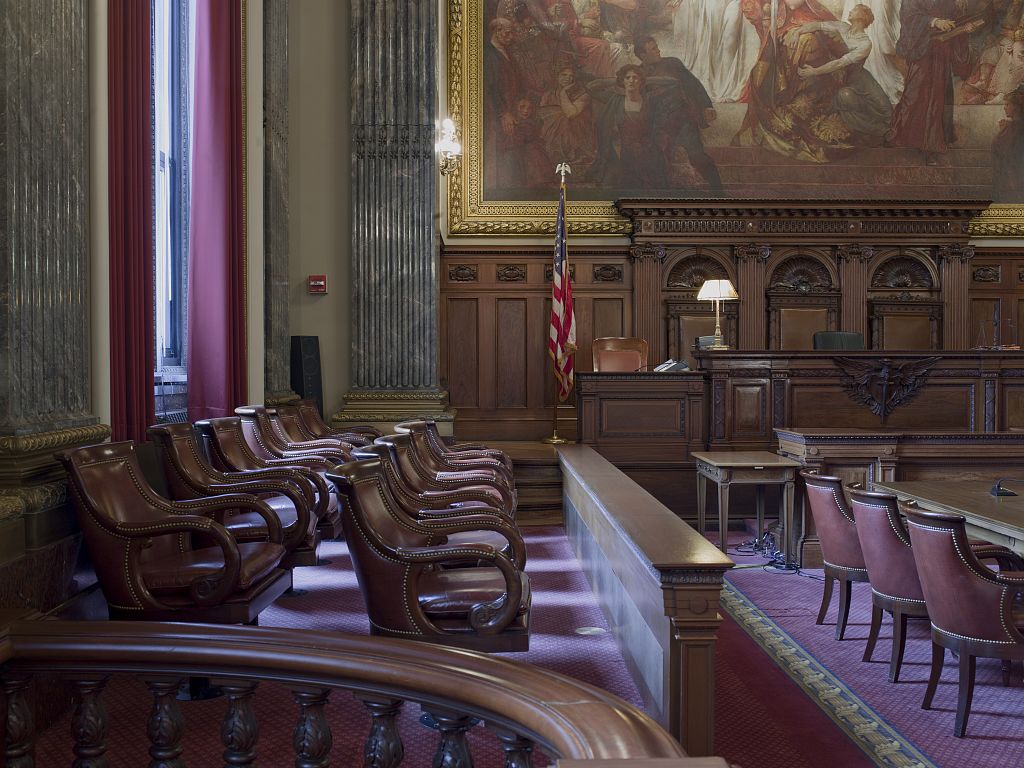What’s the best way for attorneys to show appreciation for jurors during the North Carolina Judicial Branch’s Jury Appreciation month? Lavishing them with gifts is prohibited, but one way attorneys can show some appreciation is by drafting jury instructions that make the lives of jurors easier by streamlining the deliberation process. When it comes to cases with complex statutory language, lawyers may be faced with the task of drafting jury instructions and must learn to bridge the gap between legal jargon and natural language. To add to the pressure of crafting meticulously worded jury instructions, many appeals are based…
-
-
The Strict Blue Pencil Doctrine is Alive and Well in NC Courts
In a time where pencils and pens are quickly being replaced by keyboards, styli, and even one’s own fingers, the North Carolina Supreme Court ruled last week that the strict blue pencil doctrine remains alive and well – at least when it comes to non-compete clauses in employment agreements. The blue pencil doctrine originated in 1961 and essentially states that if a non-compete clause in an employment contract is “unreasonably broad,” then the Court has the power to use its blue pencil to literally strike the over broad provisions from the contract. Last week, in Beverage Sys. Of the…
-
Counterclaims: When to Designate a Case to the North Carolina Business Court
The North Carolina Business Court (“Business Court”) is a specialized forum designed to adjudicate cases involving complex and significant issues of corporate governance and commercial law. If a dispute involves one of the subject matters enumerated in North Carolina General Statute § 74-45.4, then the case shall be designated and assigned to the Business Court. Cases may also qualify for discretionary assignments to the Business Court under Rule 2.1 of the General Rules of Practice for Superior and District Courts if it does not qualify for mandatory designation but involves certain other factors. Mandatory designations are governed by…


